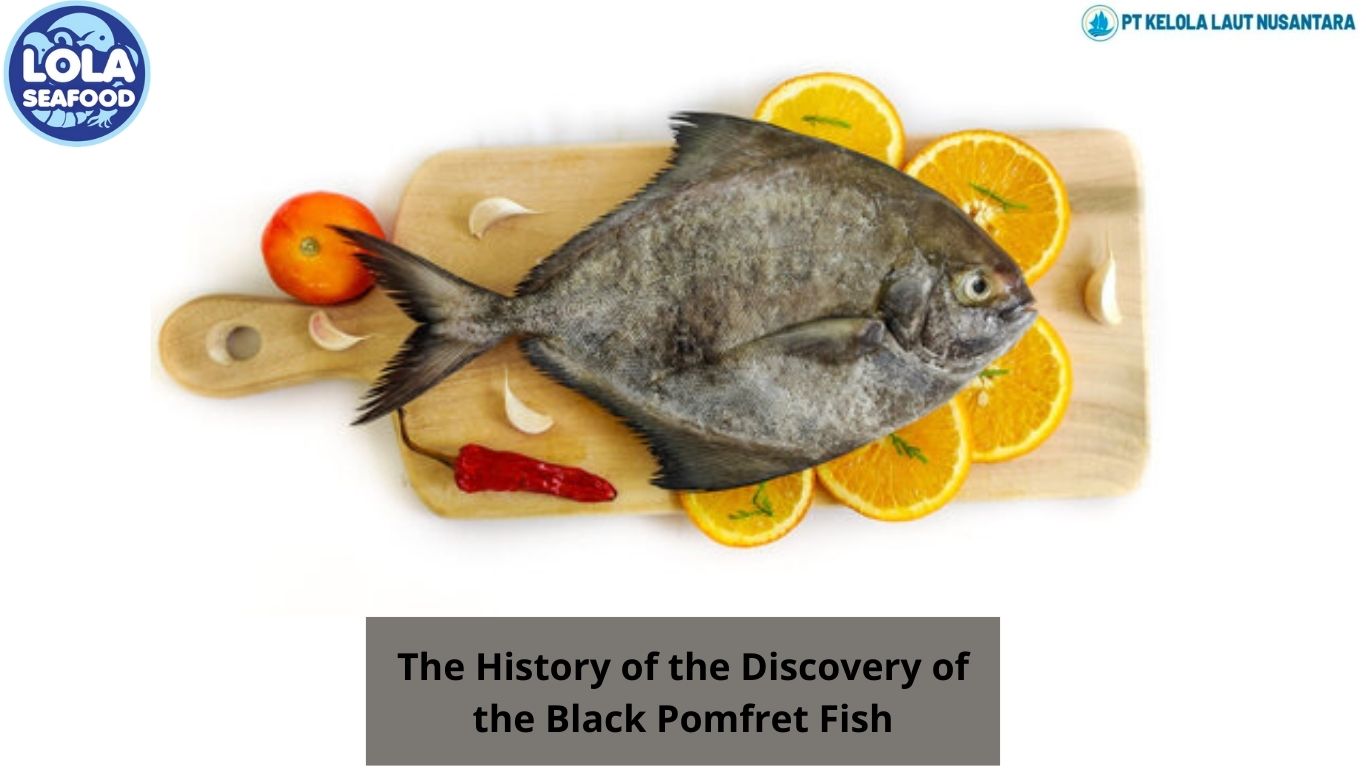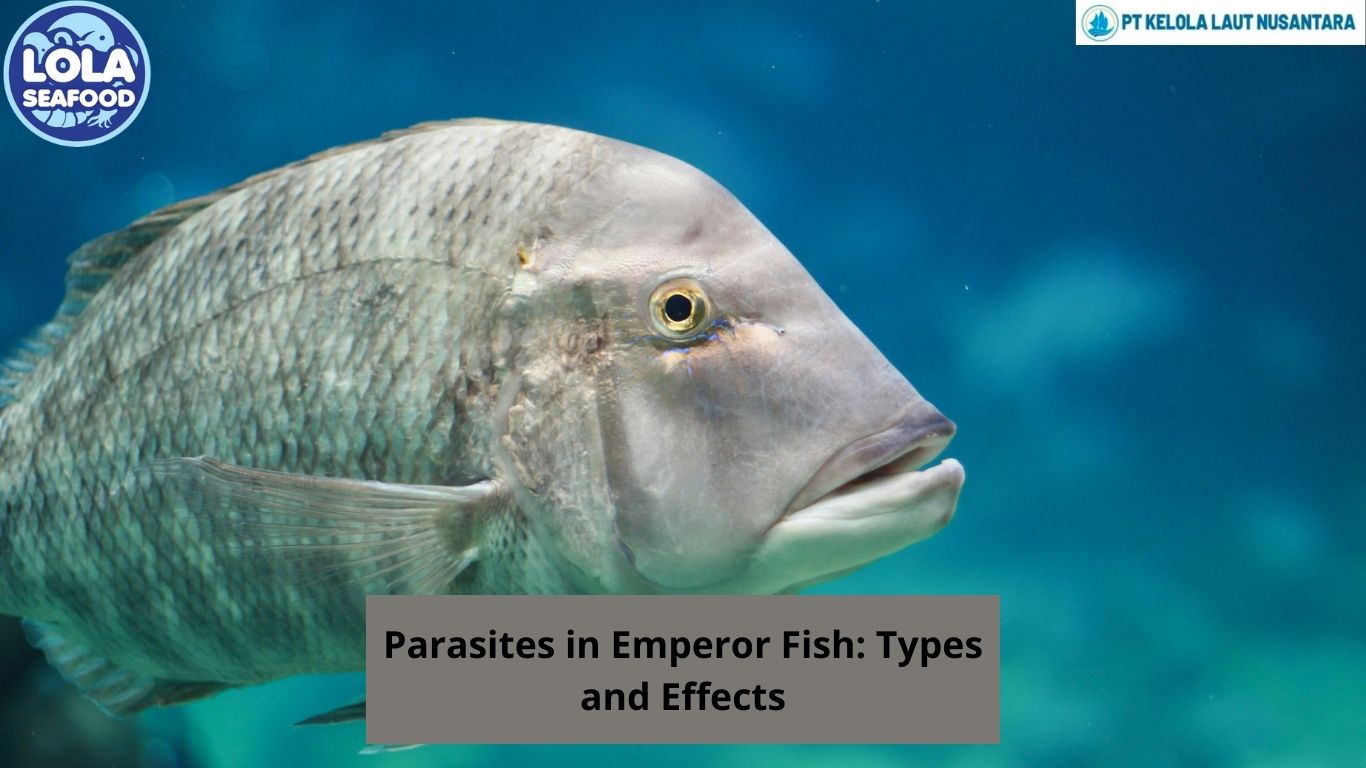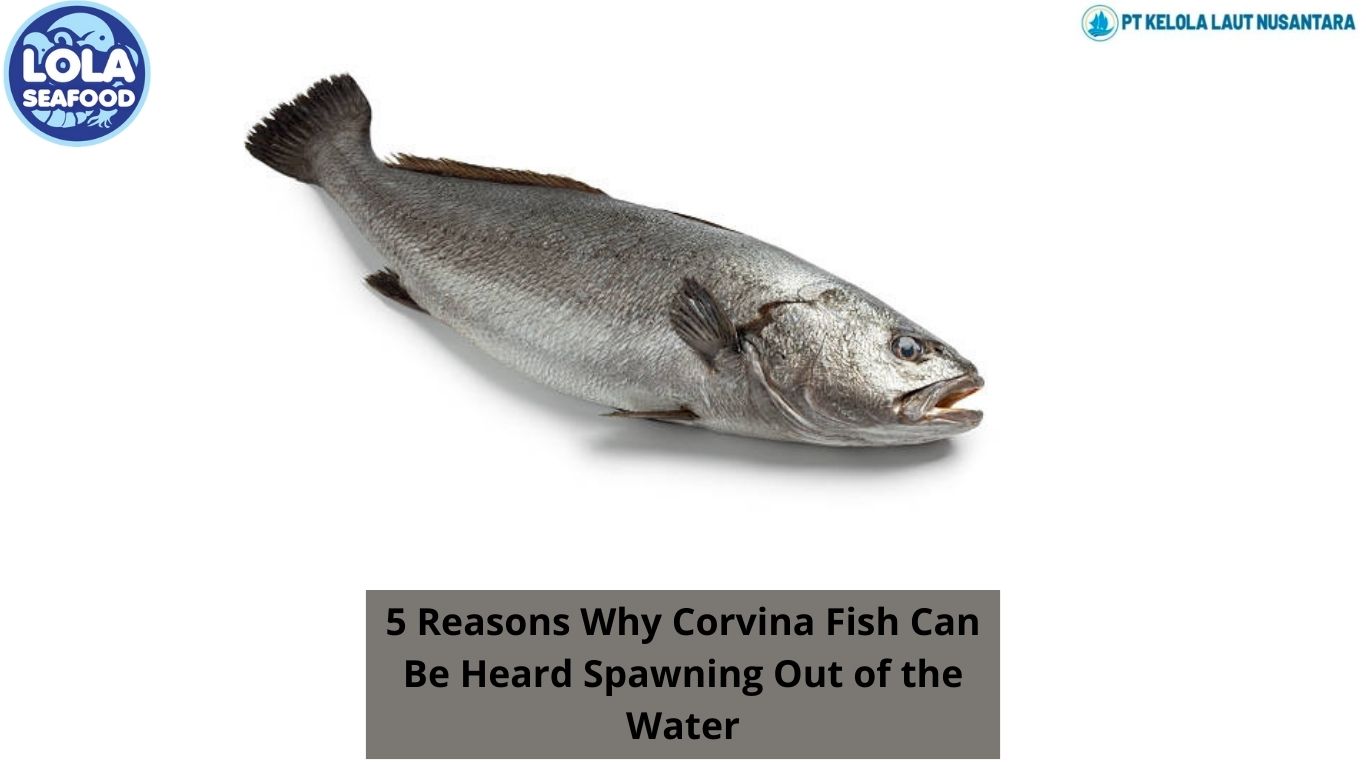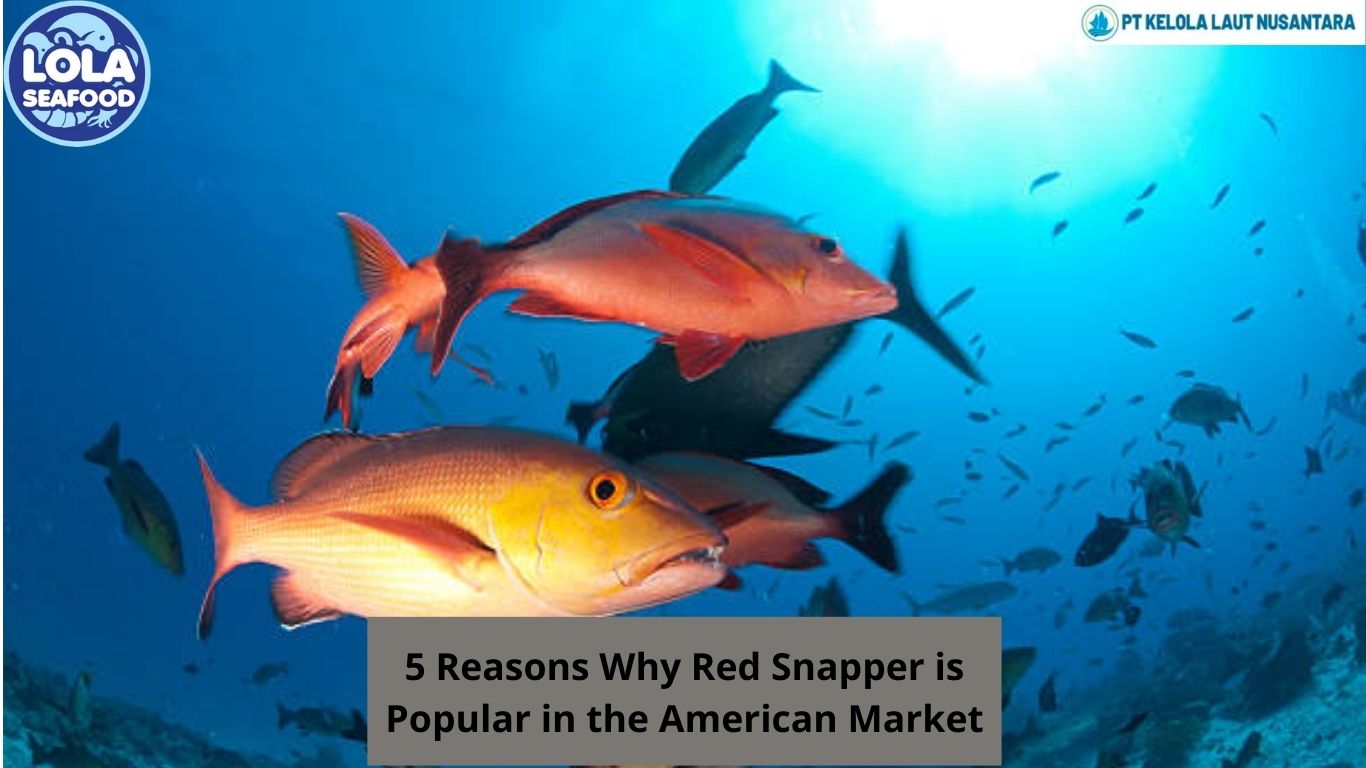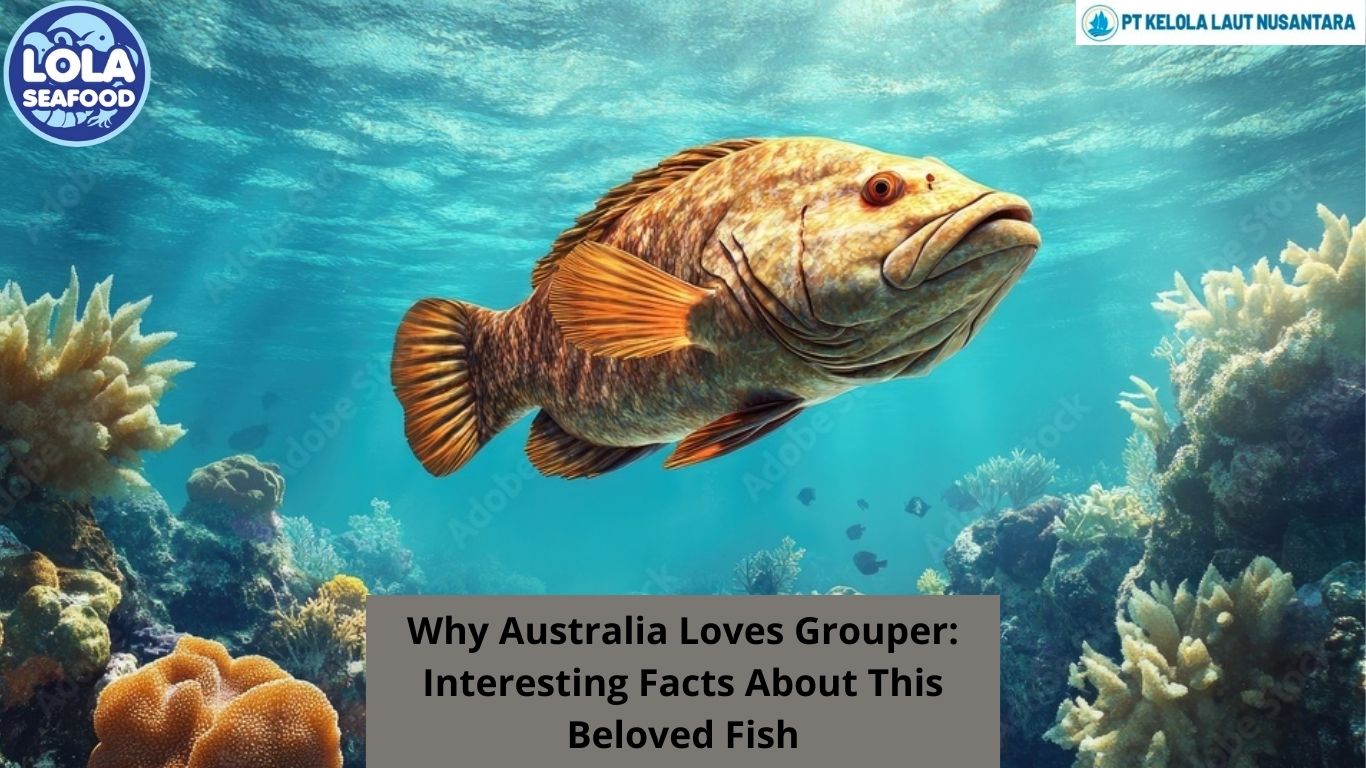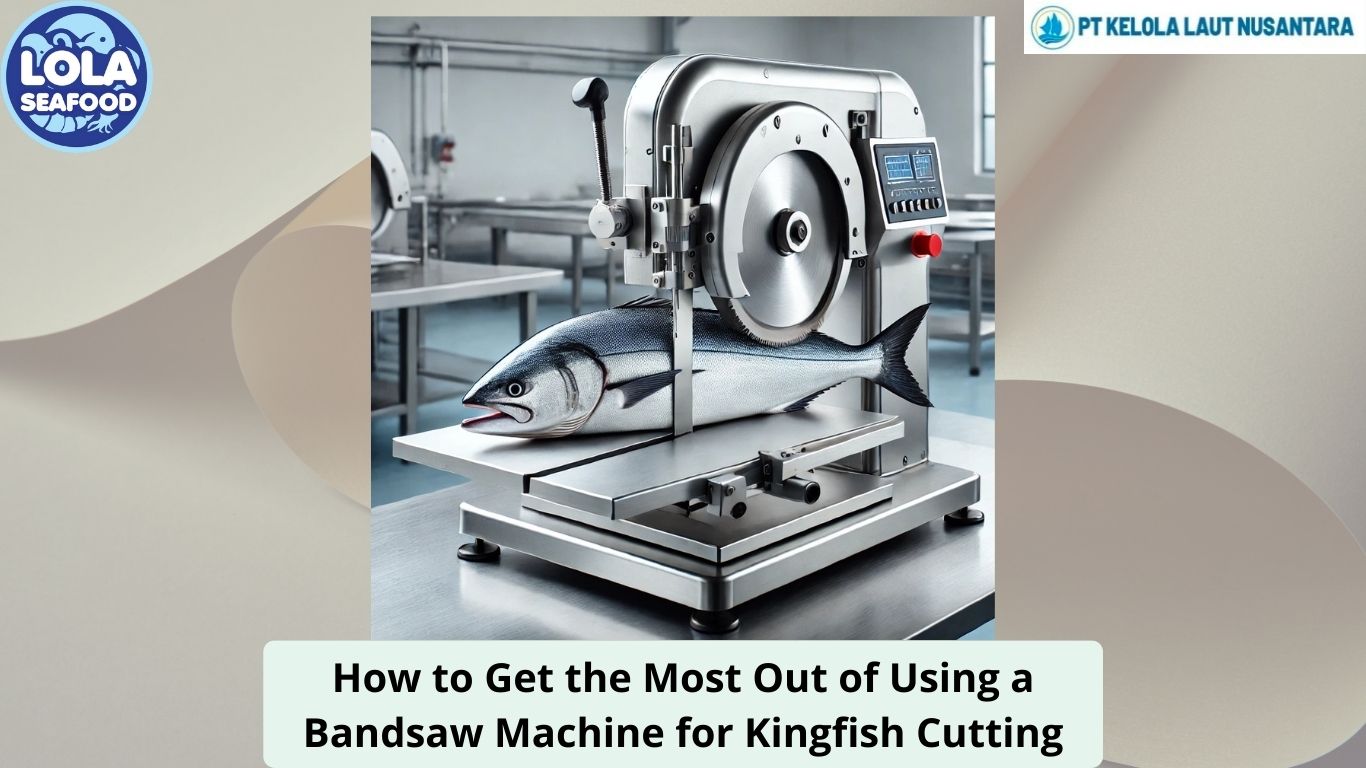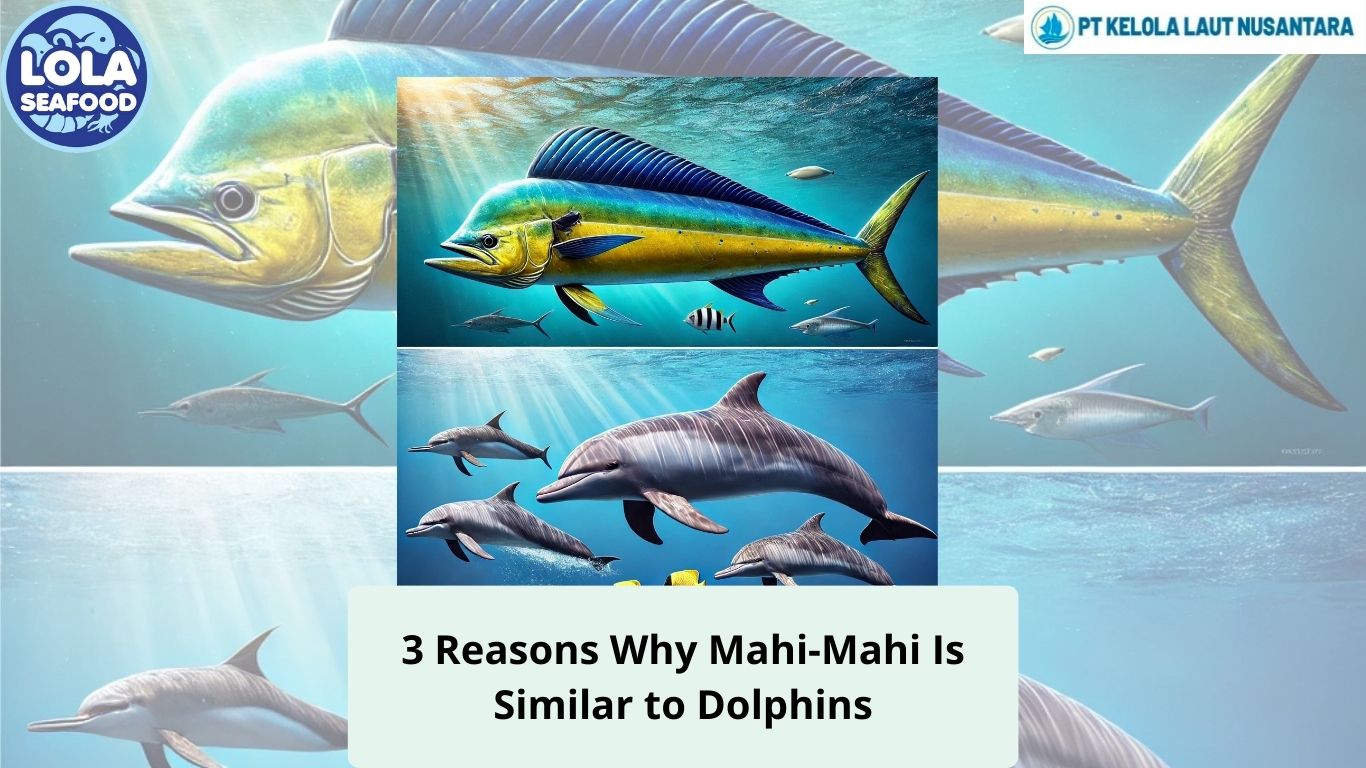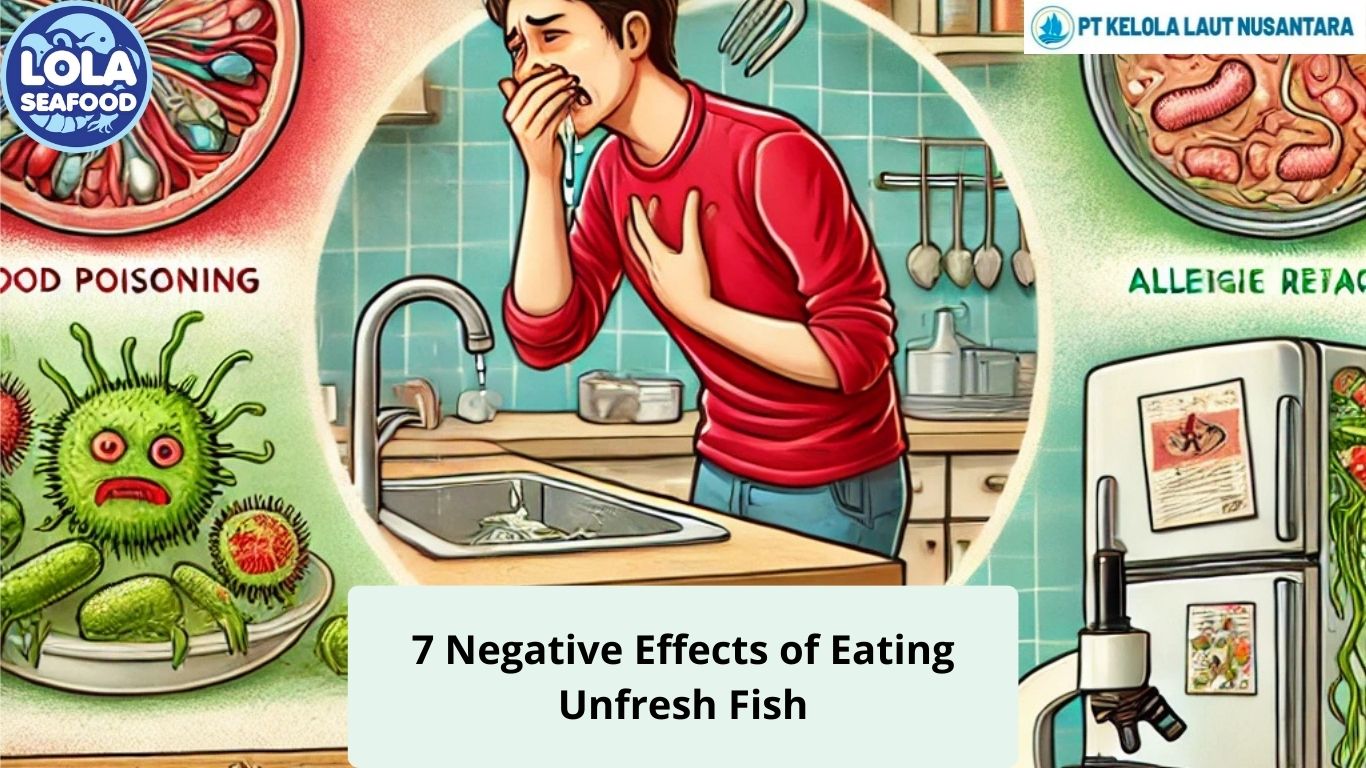The Importance of Sustainable Practices in the Fishing Industry
By. Najih - 25 Sep 2024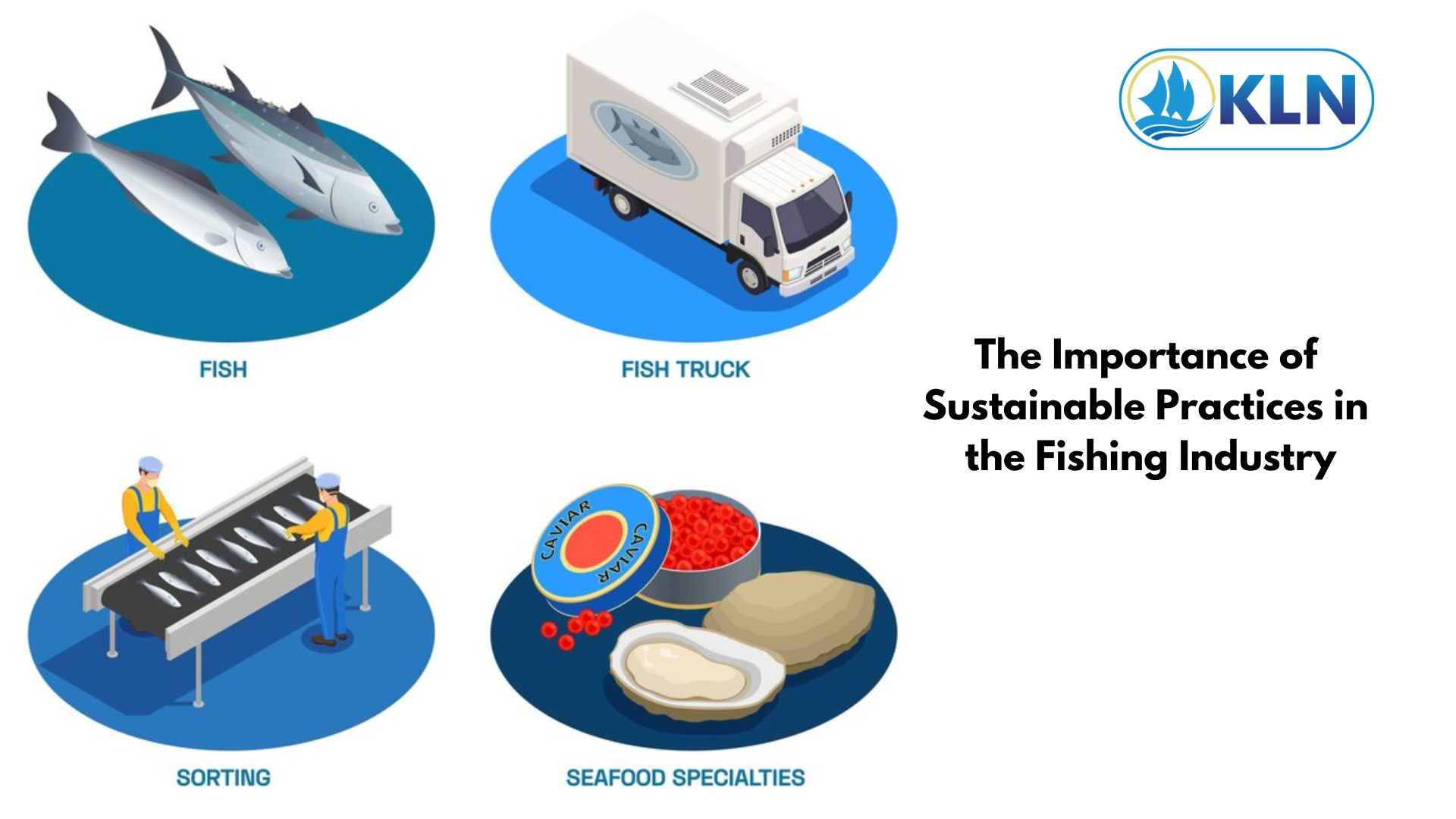
Sustainable practices in the fishing industry are essential for ensuring the long-term health of marine ecosystems and the livelihoods of communities dependent on fishing. As overfishing and environmental degradation pose significant threats, adopting sustainable methods is not just an option; it’s a necessity that impacts global food security and economic stability.
The Challenge of Overfishing
Overfishing is one of the most pressing challenges facing the fishing industry today. It occurs when fish are caught faster than they can reproduce, leading to a dramatic decline in fish populations. According to the Food and Agriculture Organization (FAO), nearly 34% of global fish stocks are overfished. This alarming statistic not only threatens the viability of fish populations but also disrupts the livelihoods of millions who rely on fishing for their income. Sustainable fishing practices can help restore fish populations, ensuring that they remain abundant for future generations.
Environmental Impact
Unsustainable fishing practices contribute significantly to habitat destruction, bycatch, and the decline of marine biodiversity. Methods such as bottom trawling can devastate seabed habitats, while indiscriminate fishing techniques result in considerable bycatch, harming non-target species, including endangered ones. Sustainable practices, such as selective fishing gear, seasonal closures, and marine protected areas, can help mitigate these negative impacts. By promoting the health of marine ecosystems, we can ensure that they continue to provide essential services, such as carbon sequestration and coastal protection.
Economic Viability
The economic viability of the fishing industry is closely linked to sustainable practices. By ensuring that fish populations remain healthy, fisheries can continue to provide jobs and support local economies. A report by the World Bank estimates that adopting sustainable practices could increase the global catch by 16% and contribute an additional $50 billion to the fishing industry. Investing in sustainability not only protects marine resources but also fosters long-term economic growth.
Community Well being
Sustainable fishing practices also play a crucial role in promoting the well-being of fishing communities. By prioritizing ecological health, these practices help ensure food security and improve the quality of life for those who depend on fishing. Community-based management and cooperatives can empower local fishermen, giving them a voice in the sustainable use of their resources. This not only strengthens community bonds but also encourages stewardship of marine environments.
Sustainable practices in the fishing industry are essential for ensuring the long-term health of marine ecosystems and the livelihoods of communities dependent on fishing. As overfishing and environmental degradation pose significant threats, adopting sustainable methods is not just an option; it’s a necessity that impacts global food security and economic stability.
The Challenge of Overfishing
Overfishing is one of the most pressing challenges facing the fishing industry today. It occurs when fish are caught faster than they can reproduce, leading to a dramatic decline in fish populations. According to the Food and Agriculture Organization (FAO), nearly 34% of global fish stocks are overfished. This alarming statistic not only threatens the viability of fish populations but also disrupts the livelihoods of millions who rely on fishing for their income. Sustainable fishing practices can help restore fish populations, ensuring that they remain abundant for future generations.
Environmental Impact
Unsustainable fishing practices contribute significantly to habitat destruction, bycatch, and the decline of marine biodiversity. Methods such as bottom trawling can devastate seabed habitats, while indiscriminate fishing techniques result in considerable bycatch, harming non-target species, including endangered ones. Sustainable practices, such as selective fishing gear, seasonal closures, and marine protected areas, can help mitigate these negative impacts. By promoting the health of marine ecosystems, we can ensure that they continue to provide essential services, such as carbon sequestration and coastal protection.
Economic Viability
The economic viability of the fishing industry is closely linked to sustainable practices. By ensuring that fish populations remain healthy, fisheries can continue to provide jobs and support local economies. A report by the World Bank estimates that adopting sustainable practices could increase the global catch by 16% and contribute an additional $50 billion to the fishing industry. Investing in sustainability not only protects marine resources but also fosters long-term economic growth.
Community Well being
Sustainable fishing practices also play a crucial role in promoting the well-being of fishing communities. By prioritizing ecological health, these practices help ensure food security and improve the quality of life for those who depend on fishing. Community-based management and cooperatives can empower local fishermen, giving them a voice in the sustainable use of their resources. This not only strengthens community bonds but also encourages stewardship of marine environments.
